Lectures
Our Topics
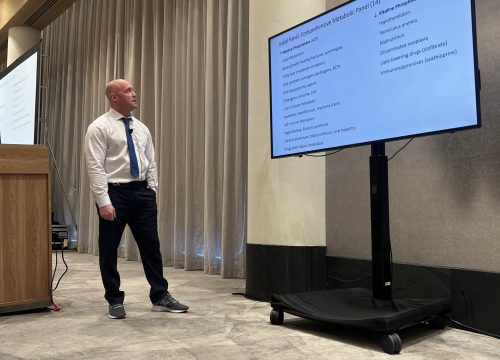
Fundamentals of Menopausal Hormone Therapy
This lecture examines the reproductive hormones of women, biological effects, regulation of the HPO axis, ovarian steroidogenesis, hormonal and endometrial changes during the menstrual cycle, phases of reproduction, endocrine changes during the menopausal transition, and fundamental principles of menopausal hormone therapy.
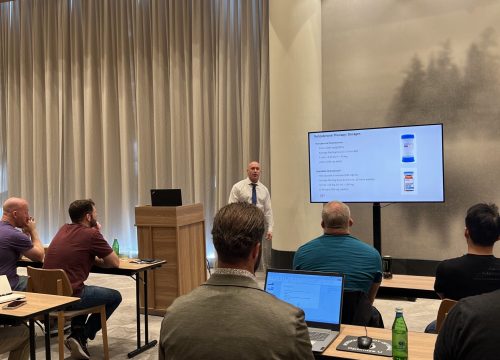
Advanced Menopausal Hormone Therapy: Case Studies
This lecture reviews the Endocrine Society guideline for treating menopausal women, and outlines a practical approach to treating menopausal women with the natural reproductive sex steroid hormones. Key case studies of both menopausal and perimenopausal women are discussed with a focus on implementing the principles of menopausal hormone therapy.
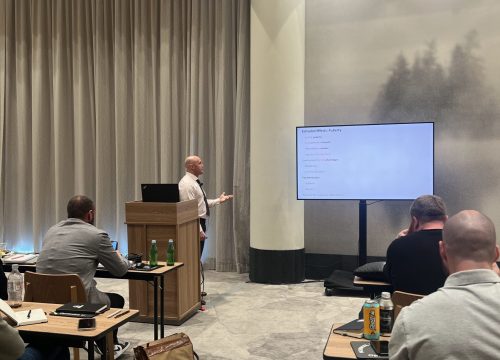
Fundamentals of Testosterone Replacement Therapy
This lecture examines the cells of testis, androgen biosynthesis, regulation of the HPT axis, active and end-stage metabolism of testosterone, the androgen receptor, types of androgen effects, effects of testosterone over the lifespan, types of male hypogonadism, and fundamental principles of testosterone replacement therapy.
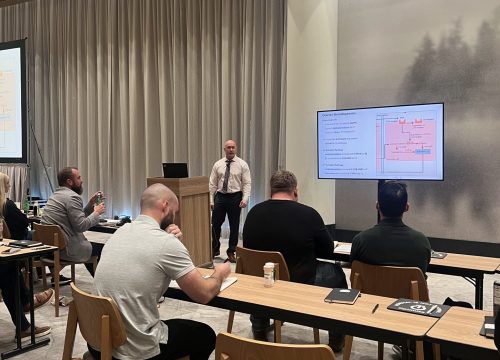
Advanced Testosterone Replacement Therapy: Case Studies
This lecture reviews the Endocrine Society guideline for treating male hypogonadism, and outlines a practical approach to treating men with testosterone. Key case studies of men are discussed with a focus on implementing the principles of testosterone replacement therapy.
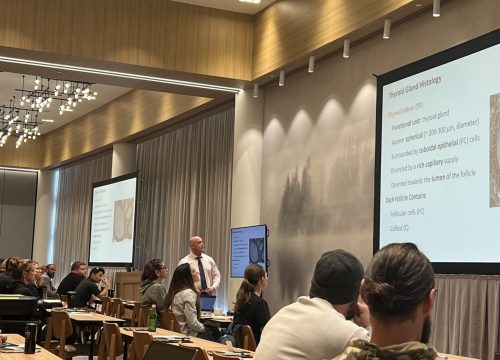
Advanced Hormones: Polycystic Ovary Syndrome
This lecture examines the epidemiology, etiology, and pathophysiology of polycystic ovary syndrome, before discussing the diagnostic criteria, multimodal treatment options, and implementation of treatment principles to a case study.

Testosterone Therapy for Women
This lecture examines the use of testosterone therapy in women, including the endogenous synthesis of androgens and estrogens, causes of androgen deficiency, effects of testosterone, key clinical trials of testosterone in women, and implementation of testosterone therapy.
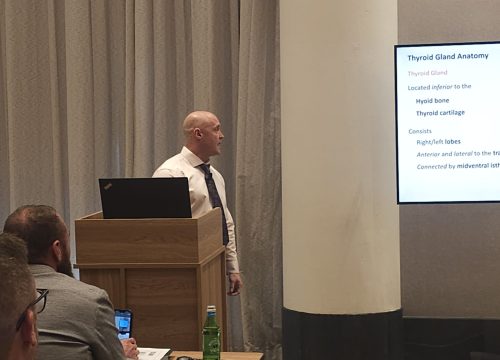
Anabolic Steroids: Harm Reduction
This lecture examines synthetic androgens in the scope of epidemiology, muscle dysmorphia, androgen dependency, healthcare utilization, user characteristics, adverse health effects, anabolic-steroid induced hypogonadism, signs and symptoms of use, methods of detection, laboratory studies, treatment options for androgen withdrawal, and key principles of harm reduction.
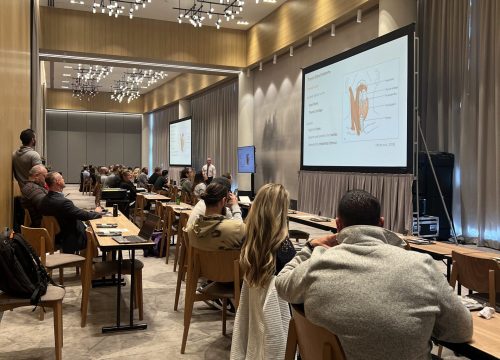
Pharmacology of Anabolic Steroids
This lecture examines synthetic androgens in the scope of genomic effects, regulation of the androgen receptor, non-genomic effects, indirect effects, pharmacology, classifications, structural activity relationships, and potency measures.
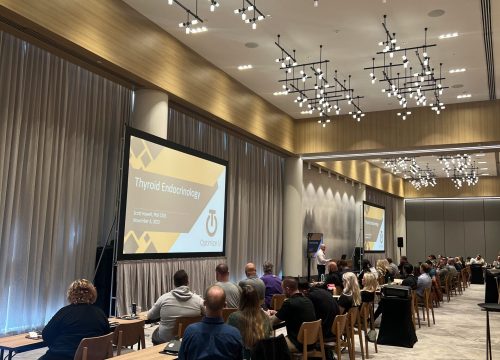
Anabolic Steroids: Case Studies
This lecture examines several cases studies of adverse health outcomes in synthetic androgen users with a focus on the different phenotypes of injury and the harm of auxiliary drugs like aromatase inhibitors.
